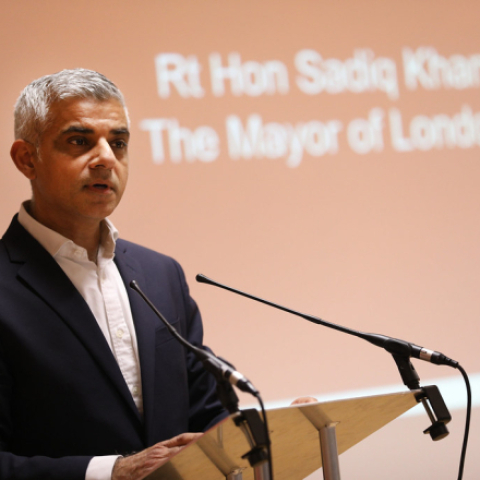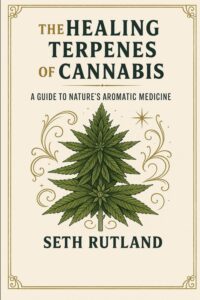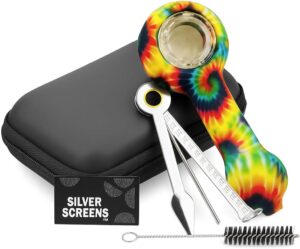A commission established by Mayor of London Sadiq Khan in 2021 has published its report, concluding that the possession of small amounts of cannabis should be decriminalised. The government should rethink classification and explore other more extensive options of decriminalisation, and a non-medical legal market.
Khan has endorsed the report. The authors are right that the penalties for possession of cannabis and the use of stop-and-search under the suspicion of possession of cannabis disproportionately target young black men.
In 2001, Lambeth’s pilot approach to cannabis possession, resulting in a caution rather than arrest, was a success. For a brief period, the Blair government appeared to soften its stance on cannabis, reclassifying it to Class C. But with tabloid scare stories about increasingly strong “skunk”, it was reclassified as Class B. Now the Starmer government say that drug policy on cannabis is essentially “settled”.
Such philistine attitudes mean that proper investigation into how even more formal, if limited legal tolerance of cannabis, may affect rates of cannabis-induced psychosis remains unlikely
As the report notes, purchase of cannabis in London and the UK is very easy, although dropping. Many respondents to the survey believe that police de facto tolerate it, and that consumption in the home may well be legal.
Few sentences of five years are handed out for possession of small amounts of cannabis. But that does not make the current government drug policy less ridiculous. While proper legalisation and regulation of the drug market is the only way that harm reduction can be truly prioritised, steps towards decriminalisation would surely help.
The report’s authors are persuaded by the time and money saved for the police, but that should not stop us from recognising the ongoing futility of the war on drugs. Some so-called “County Lines” operations make more money in one day than the entire budget of the Metropolitan Police has for tackling the issue.
In a recent survey by the Centre for Social Justice, a majority of police officers said the current ambiguity of widespread tolerance or acceptance of cannabis use, resources and, since 2018, the legal medical cannabis market means they feel consumption cannot be adequately policed.
The control of the medical cannabis market by private providers, with only a handful of NHS-prescribed patients among 30,000 legal medical UK users, also means that the legal sector and the black market are feeding off each other. Legal providers regularly warn people against what they claim to be adulterated products, in favour of their services.
As the report notes, legalisation as practised in many countries across the world will not of itself destroy the role of the black market and organised crime in cannabis cultivation and distribution. It would at least stop individual consumers from being put in legal jeopardy for smoking a joint.






